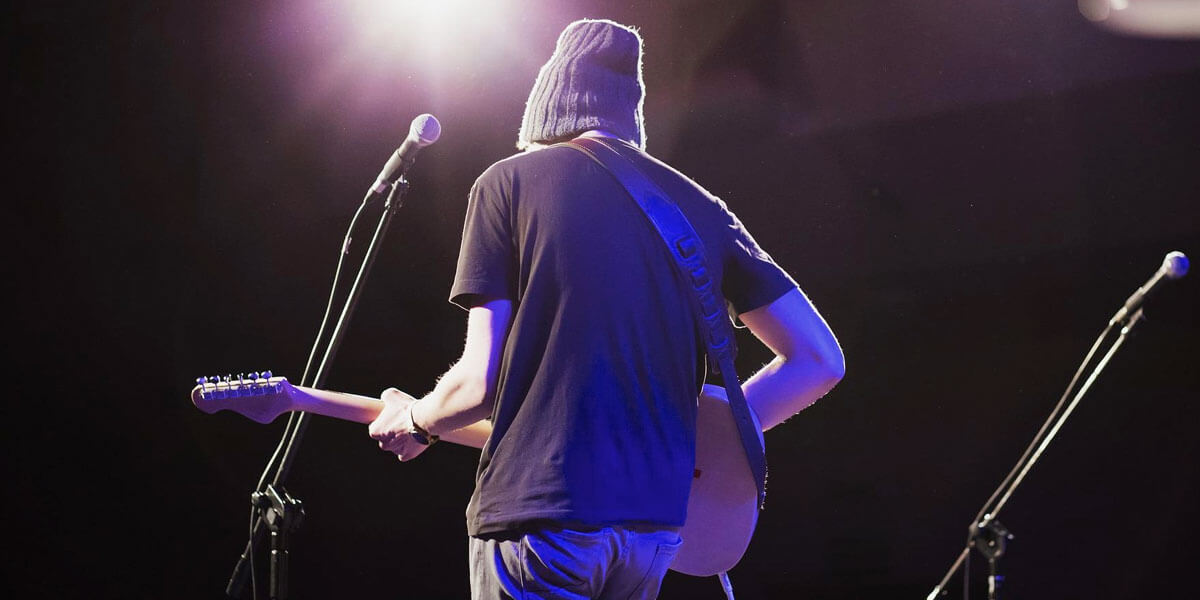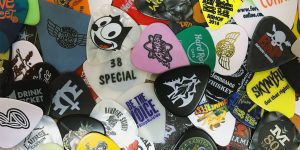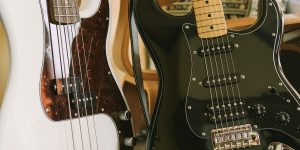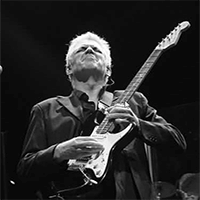Music is an area of life where creativity flourishes, and emotions are awakened. The energy of the audience and the light, successful playing, and appreciation of the audience fill the performer with unforgettable feelings and an adrenaline rush.
However, there is a flip side to the coin, and behind the acclaim and applause lies a problem that most guitarists and artists face – the fear of performing in front of a large audience. How to avoid stage fright? Believe me, it’s not only young performers who worry about this question but many musicians with a long history as well.
The deep sense of joy and satisfaction is replaced by the fear of forgetting chords, making mistakes, or being judged by the audience. This can lead to unpleasant physical symptoms such as rapid heartbeat, hand tremors, and even mental blockages.
It’s not just vocalists who are prone to this kind of fear, but guitarists, too. After all, they are ordinary people. Accordingly, the emotions and fears of ordinary people are inherent to them. Hand tremors, excessive sweating, and confusion during a performance can definitely affect the quality of guitar playing.
Fortunately, it is possible to learn some practices that will help you focus and overcome stage fright. In this article, I will share with you these techniques and methods that will help you solve this problem.
Strategies for overcoming guitar stage fright before performance
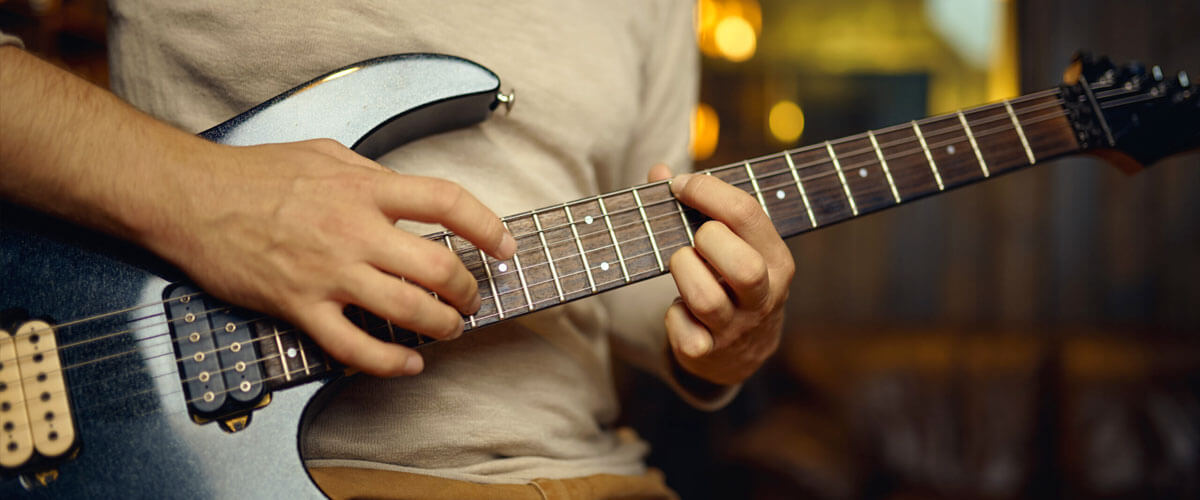
Of course, careful preparation and constant rehearsal will help develop muscle memory, finger strength, and coordination, allowing you to play more complex chords, scales, and techniques with greater ease and precision, but that’s not enough.
Mentally rehearsing and visualizing your upcoming performance will stimulate the brain’s neural pathways, stabilize your morale, and help you conquer your stage fright. Here are my recommendations for improving your psycho-emotional state and dealing with this type of fear:
- Choose a quiet and comfortable place, close your eyes, mentally feel the emotions, hear the applause, and imagine yourself easily overcoming any difficulties. Practice these exercises regularly before you go on stage.
- Avoid imagining possible failures and mistakes because it is the visualization of a successful guitar performance that will reduce your anxiety, overcome your fear, increase your confidence on stage, and provide incredible support in setting yourself up for success.
- Physical preparation is equally important for musicians. A proper warm-up will increase muscle blood flow, and stretching will release tension throughout the body.
- Yoga and meditation can also help you to balance your energy and to get over stage fright.
- Prioritize rest and sleep, which are essential for muscle recovery, mental focus, and overall well-being.
Coping strategies during performances
When anxiety comes to the fore, the connection between the guitarist and the emotional resonance of the music can be severed. I’ll give you 3 important tips to help you focus on your performance and let go of unnecessary thoughts:
- Immerse yourself in your performance, focus on the sound of the guitar, the rhythm, and dynamics of the piece, let the music occupy your mind, and concentrate on the position of your fingers on the strings, the sound of each note, and the overall feeling of the music.
- Don’t worry about how you look to the audience or what mistakes you might make. Eliminate all self-conscious thoughts and enjoy the present moment of your guitar playing.
- Try different breathing techniques and physical warm-ups before you go on stage. Deep breathing allows your diaphragm to expand, your heart rate to decrease, your muscles to relax, and your mind to calm down.
Post-performance reflection and growth:
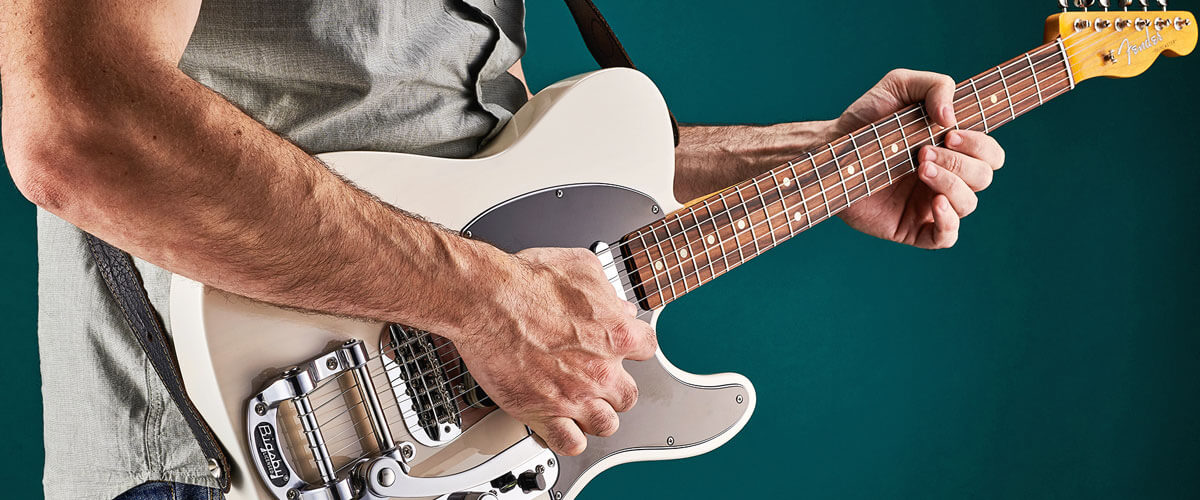
Of course, all methods are individual, and by trying a combination of different exercises, you are sure to find one that works for you and helps you get rid of stage fright when playing guitar.
Think of performance opportunities as a great opportunity to give something special to your guests and listeners. Don’t be afraid of criticism, but accept feedback from your audience with gratitude. Feel only positive affirmations, anticipate your success, practice gratitude, and remember that every experience, whether successful or not, is for your benefit.

